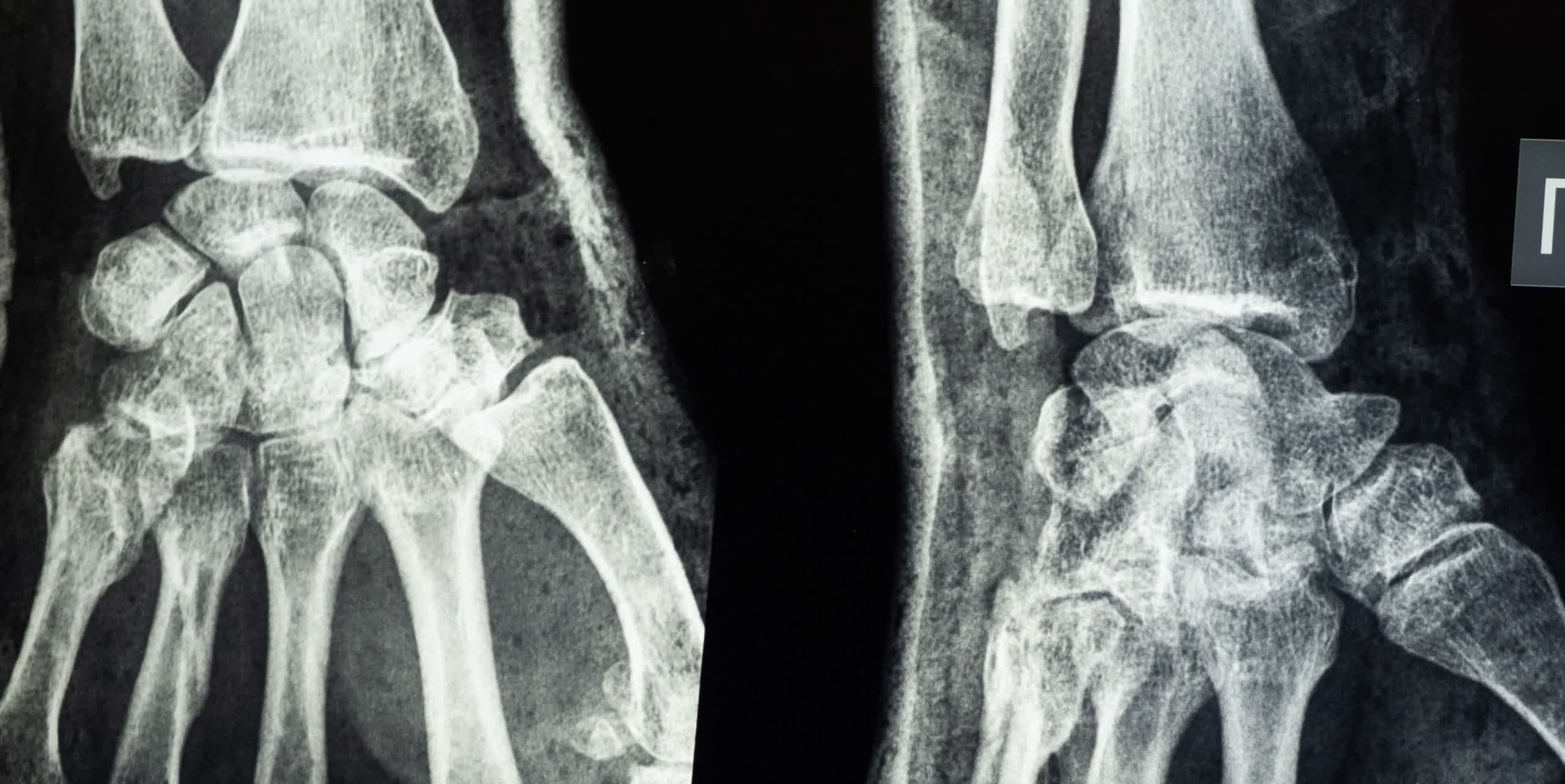WTF?! In addition to the damage that NFTs do to the environment and the negative implications of adding them to games, the actual content of non-fungible tokens can also be questionable, to say the least. A French surgeon, for example, is now facing legal and potential disciplinary action for attempting to sell an NFT of an X-ray taken from one of the concert attendees shot during the 2015 terrorist attack on the Bataclan in Paris.
Orthopedic surgeon Emmanuel Masmejean, who works at Paris' Georges Pompidou public hospital, was reportedly selling the X-ray in NFT form without the patient's consent on OpenSea, writes the Mediapart website.
The digitized X-ray shows a Kalashnikov bullet lodged in the forearm of one of the people shot during the Paris attacks in November 2015, when attackers killed 130 people, including 90 in the Bataclan theater. The NFT was on sale for 2,446 Euros (around $2,768) but has now been removed.
Martin Hirsch, the head of Paris' public hospitals, tweeted that the surgeon would face criminal and professional complaints over his "disgraceful" and "scandalous" actions. "This act is contrary to sound professional practice, puts medical secrecy in danger, and goes against the values of AP-HP (Paris hospitals) and public service," Hirsch wrote in a statement to staff, which he shared on Twitter.
Pour qu'il n'y ait aucune ambiguïté sur notre indignation, je partage exceptionnellement le message que j'ai adressé ce soir à l'ensemble de l'@APHP pic.twitter.com/VLbfICPuhc
--- Martin Hirsch (@MartinHirsch) January 22, 2022
Masmejean told the publication that putting the NFT up for sale was "an error" and that he regretted not securing permission from the patient, described as a young woman whose boyfriend was killed during the attack.
The content of NFTs has been under the spotlight recently. Last week brought reports of sellers trying to make money from stolen images of influencers and YouTube gamers, as well as pictures of popular internet personalities photoshopped onto porn magazines.
